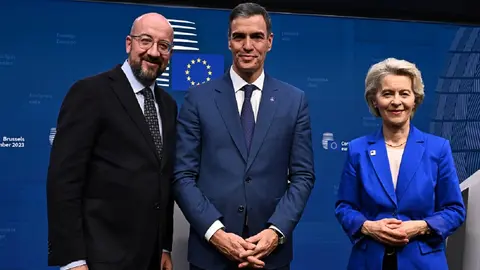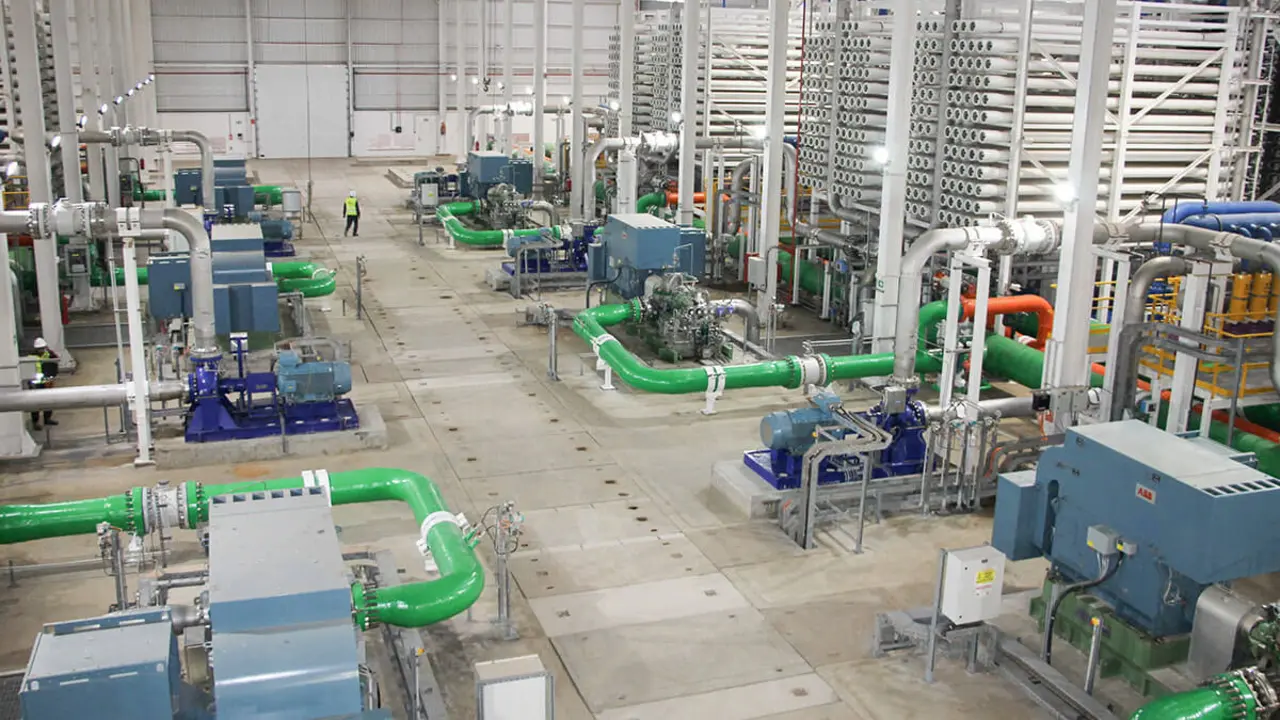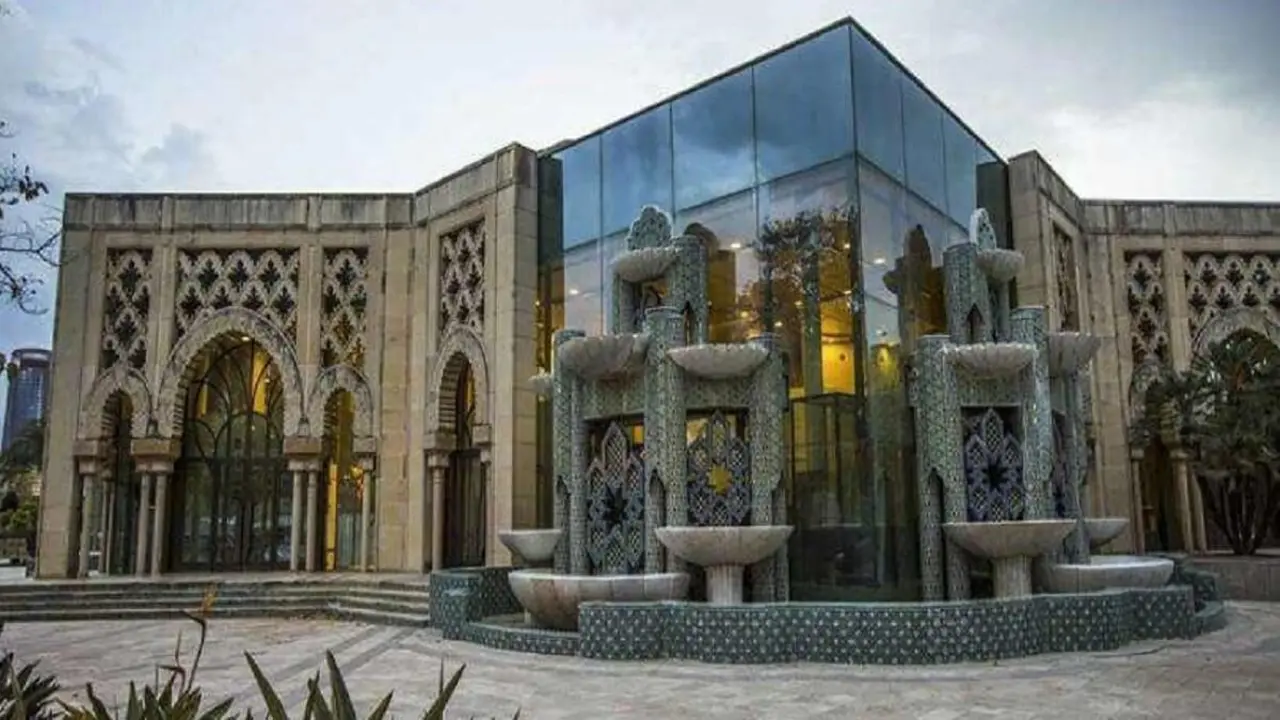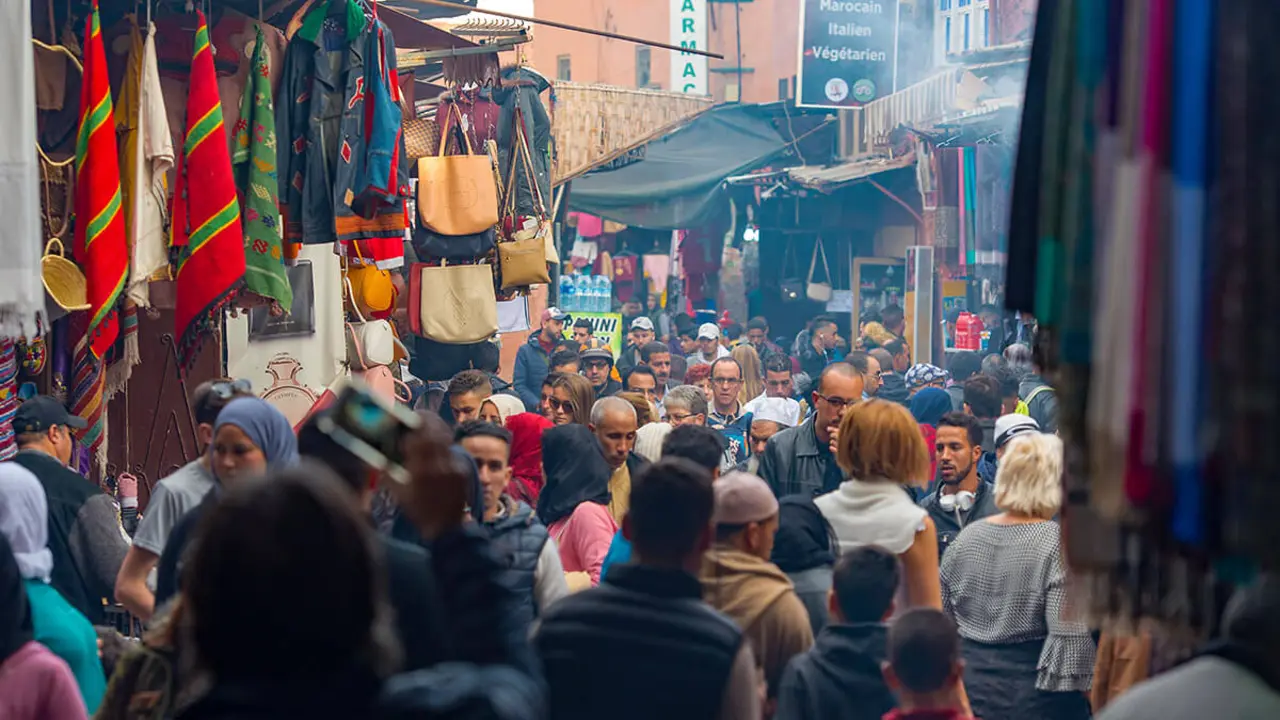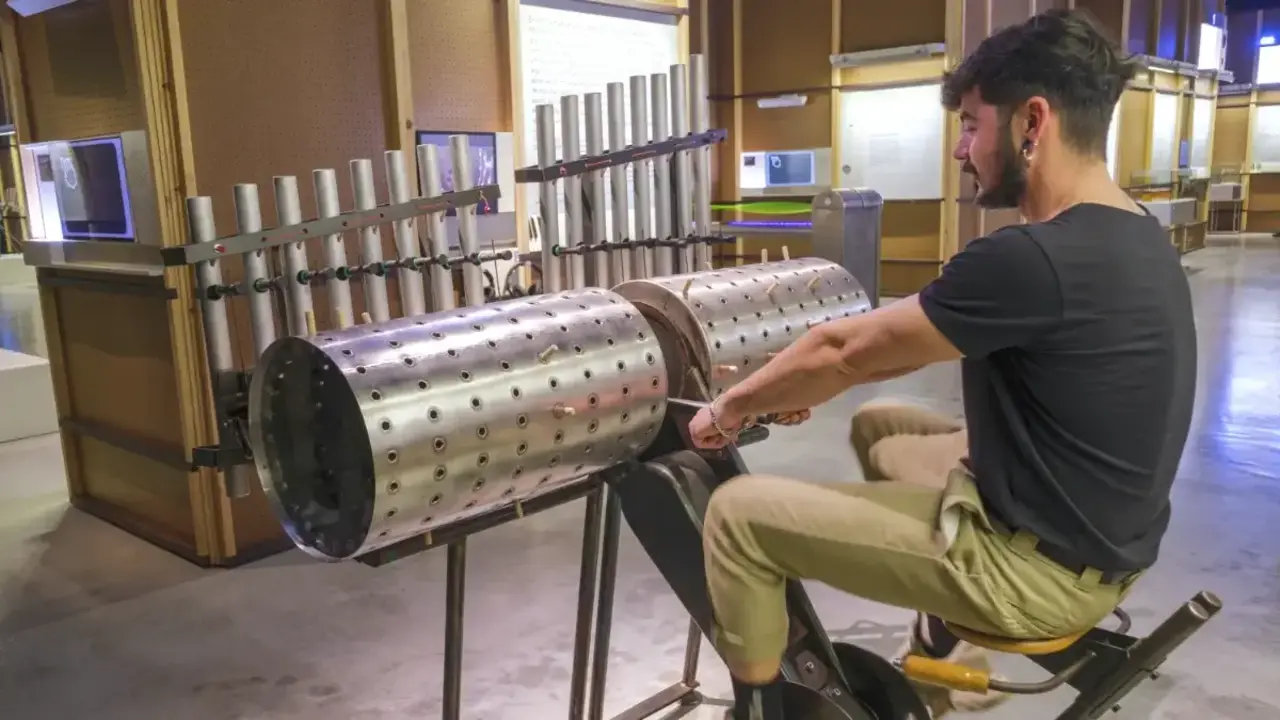The new agreement to reform the European migration system is a step in the right direction
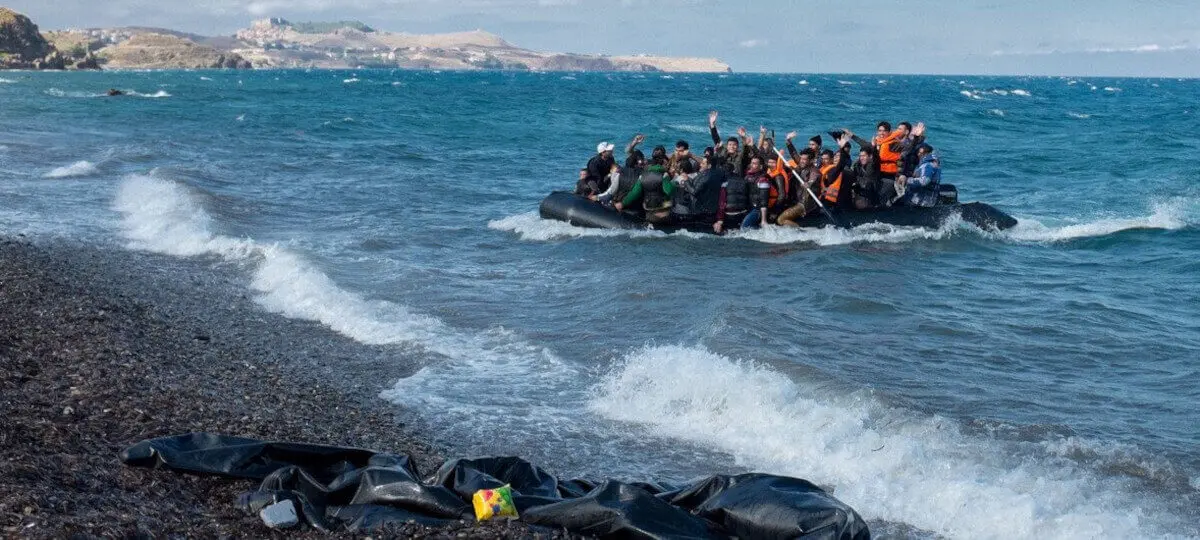
UN High Commissioner for Refugees Filippo Grandi on Wednesday welcomed a new agreement among European Union members to reform their joint migration system, which promises an innovative and unified approach to dealing with asylum applications.
Sealed in Brussels, the New Deal on Migration and Asylum was the result of three years of intense negotiations and would enter into force in 2024.
The agreement will seek to distribute migrants more equitably across the European bloc, providing greater support and coordination for processing applications outside border states such as Italy and Greece, through a 'solidarity mechanism'.
Now it must be implemented
Grandi congratulated the European Union and the European Commission "for reaching a political agreement on the European pact on migration and asylum", and especially thanked EU home affairs commissioner Ylva Johansson "for her persistence and leadership".
"This is a very positive step. Now it needs to be implemented. The Office of the High Commissioner for Refugees (UNHCR) stands ready to advise and support," Grandi stressed.
Migration has long been a divisive issue within Europe, with some countries forced to bear a disproportionate share of the challenges of managing irregular migration, paying a high cost for the protection of their national borders.
According to the European Commission (EC), the New Deal on Migration and Asylum is a set of regulations and policies to create a fairer, more efficient and sustainable migration and asylum process.
Five key areas
The agreement covers five key areas, including regulations concerning the identification of third-country nationals on arrival; developing common databases; making asylum, return and border procedures more efficient; establishing the new solidarity mechanism; and ensuring that the European bloc is prepared to deal with future migration crises.
Prior to this agreement, the Pact had already provided recommendations and guidance on search and rescue, as well as a voluntary solidarity mechanism between EU members.
European Commission President Ursula von der Leyen welcomed the agreement and highlighted migration management as "a European challenge that requires European solutions".
"Every year, hundreds of thousands of irregular migrants undertake dangerous journeys to reach our borders. They often fall victim to criminals, smugglers and traffickers who lure them with false promises of safe passage and extort money from them," she said in a statement.
Von der Leyen added that the pact will ensure that member states "share the effort in a responsible way, showing solidarity with those who protect their external borders while preventing illegal migration to the European Union".

